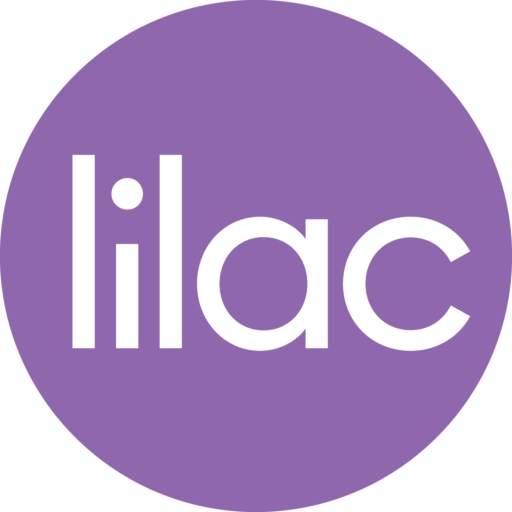lilac’s curriculum topics are based on seasonal and cultural events as well as the children’s interests, which we discuss during morning meetings. The overall principles of our program are rooted in elements of traditional curricula, such as Reggio Emilia, Montessori as well as academic programs and paired with meaningful play as the basis of every learning experience for young children. This is why lilac’s curriculum also grounds in the National Association for the Education of Young Children (NAEYC) and the five elements that are essential to meaningful play to create rich learning experiences, which are:
1. Children make their own decisions.
When children choose how to play for themselves, they experience freedom in making those choices. They also begin to see connections between choice and the consequences or results of that choice. The type of toys or materials that are offered can help children make more meaningful decisions. Open-ended materials, such as blocks can be used in many ways so children can decide for themselves how to use them. They inspire creative thinking and delight when children use them to make something no one has ever made before.
2. Children are intrinsically motivated.
The impulse to play comes from a natural desire to understand the world. This play impulse is as strong as your child’s desire for food or sleep. It is this intrinsic motivation that allows a child to regulate her own feelings and desires in order to keep playing. Because children eventually find it more important to be part of play with their friends than to satisfy their own wants and needs at that moment, children learn self-control. And self-control has been shown to lead to success in later years, especially in today’s information age, where distractions are part of daily life.
3. Children become immersed in the moment.
In true play, children are so fully engaged that they lose awareness of their surroundings, time, and space. In this risk-free atmosphere where reality is suspended, children have the security and safety they need to experiment, try new ideas, and investigate the laws of nature.
4. Play is spontaneous, not scripted.
Often, play is totally unplanned. Other times, play is planned but a child impulsively makes a change. One child changes his mind, or perhaps a toy does not cooperate. This sense of the unknown provides children with opportunities to develop flexibility in their thinking and decision making, which is a vital life skill.
5. Play is enjoyable.
Play always has an emotional response attached to it. Without this emotional connection, the experience is simply an activity; it is not PLAY. Enjoyment is the direct result of engaging in play. It is FUN! These five essential elements of play outline why play provides your child with a rich experience.
(NAEYC, “Five Essentials to Meaningful Play,” 2020).




